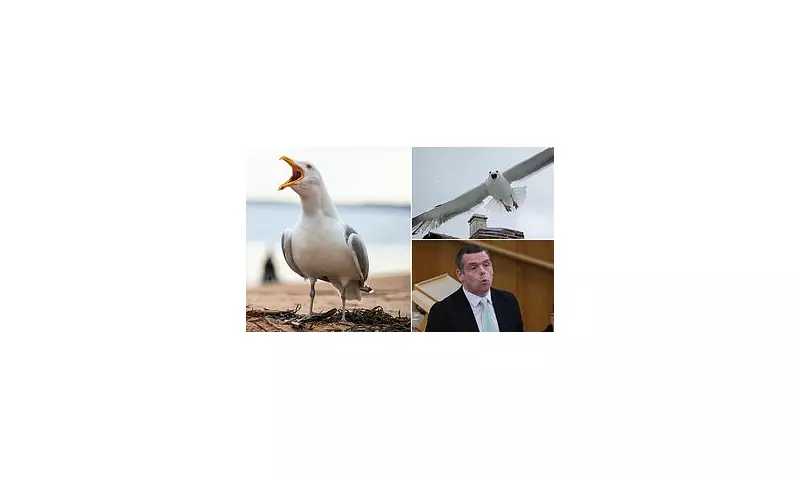
Westminster City Council is mounting a major offensive against what it describes as the "scourge" of aggressive urban seagulls, approving a £100,000 fund to tackle the birds amid growing concerns they pose a significant risk of injury to residents and tourists.
The decisive action follows mounting complaints about the bold behaviour of gulls, which have been known to swoop down and snatch food, damage property, and create unsanitary conditions. Councillors have raised the alarm that these incidents are not just a nuisance but a genuine public safety issue.
A Multi-Pronged Strategy for a Feathered Foe
The council's battle plan involves a combination of tactics designed to disrupt the gulls' breeding cycles and make the urban environment less appealing. The approved measures include:
- Professional Nest and Egg Removal: Targeted intervention during the breeding season to control the population growth.
- Egg Oiling: A humane method that prevents eggs from hatching without harming adult birds.
- Public Awareness Campaigns: Educating the public on how to avoid attracting gulls, primarily by not feeding them and securing rubbish.
- Investment in Proofed Bin Bags: A practical step to reduce the readily available food sources that sustain large gull populations in the city.
Safety and Nuisance: The Driving Forces Behind the Crackdown
The primary motivation for the £100,000 investment is the potential for injury. Reports of gulls swooping on people, especially during nesting season when they are protecting their young, have convinced the council that pre-emptive action is necessary. Beyond the physical danger, the birds are blamed for significant noise pollution, corrosive droppings that damage buildings and vehicles, and general anti-social behaviour that degrades the quality of life in central London.
This initiative highlights the ongoing challenge faced by many UK cities as herring gulls and other species have successfully adapted to urban life, finding rich pickings in our waste. Westminster's significant financial commitment sets a precedent for how local authorities might address this growing urban wildlife conflict.





